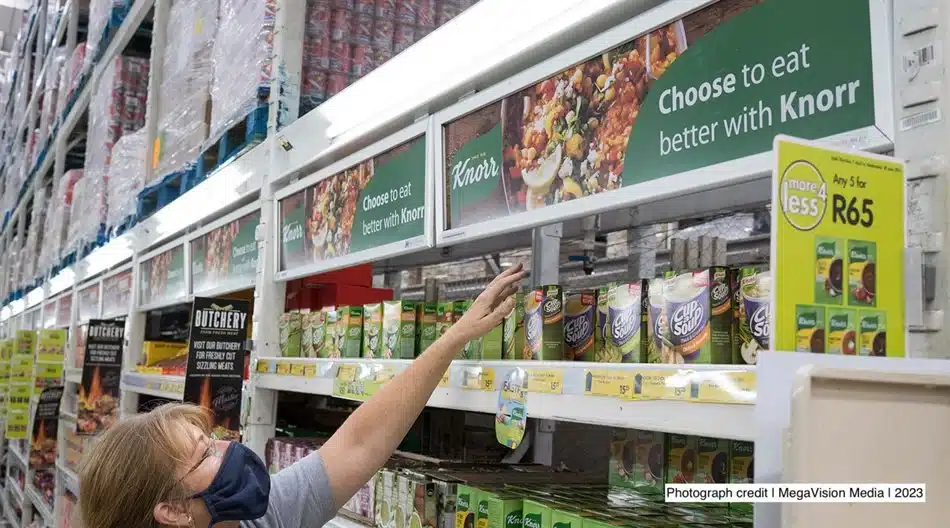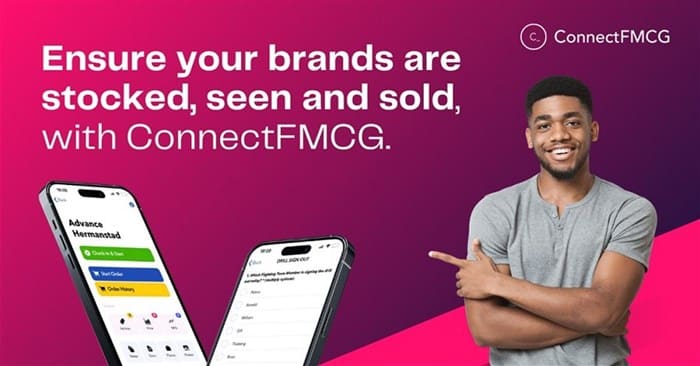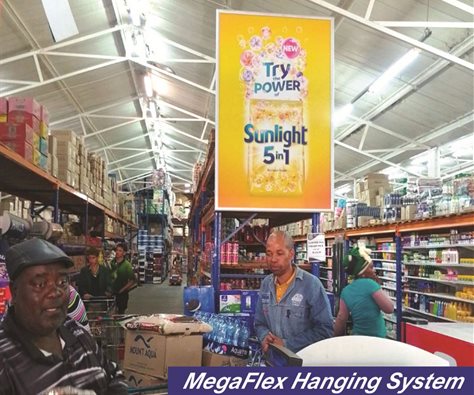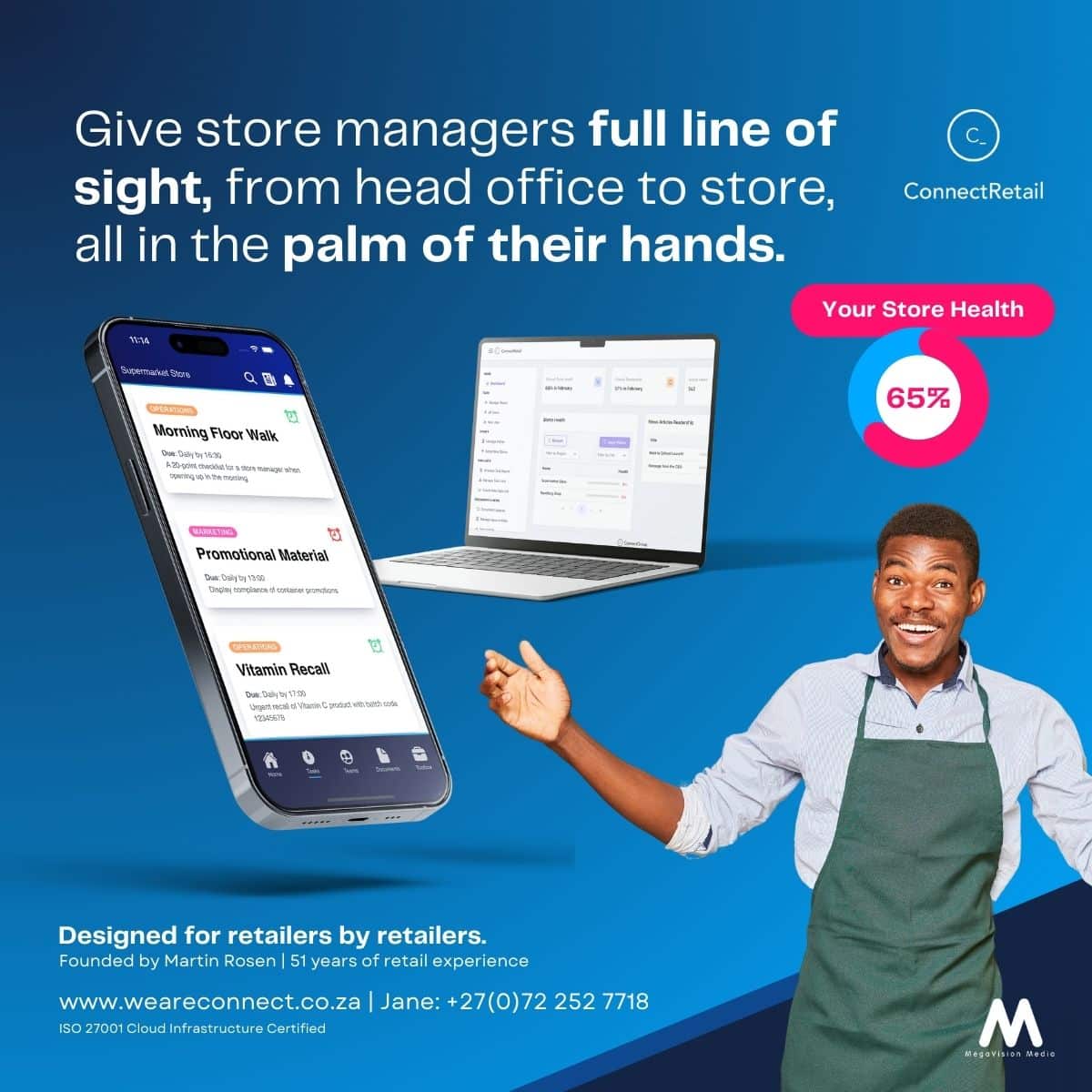“A brand that gets remembered gets bought”. A succinct and perfect summary declared by brand consulting agency, Kantar and strap line that marketers should live by. Advertising is an ever-present element of our day to day lives, bombarding us with messages and images from all angles. A fair question to ask is do people really pay attention to billboards on the side of the highway, and does it prompt them to make a purchase, or is there more to it?
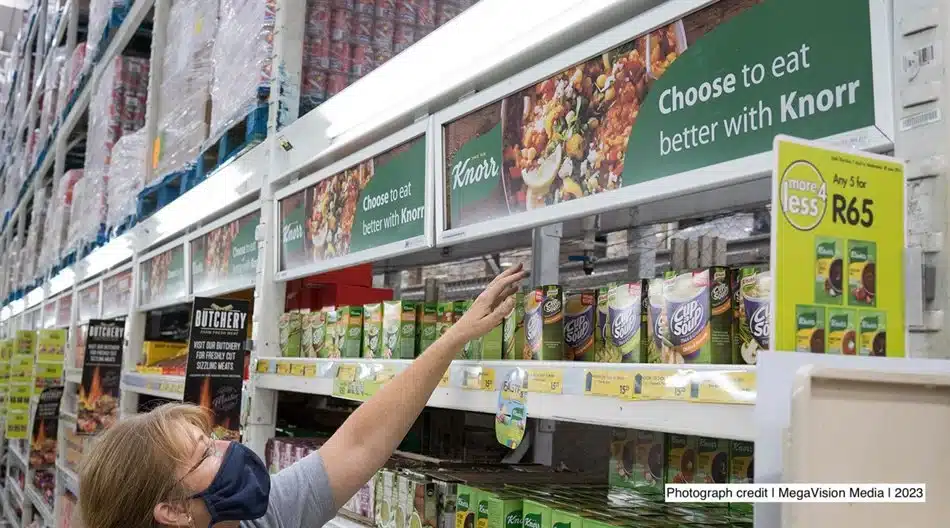
Marketing a brand, especially in the FMCG and retail environment is not just about creating brand awareness, it’s about creating purchase intention through multiple levels of advertising. To achieve this, advertisers need to deploy a holistic advertising campaign that utilises multiple mediums to reach consumers at various touch points.
But the key takeaway is that without point-of-sale advertising tying it all together, there is no reminder for shoppers to make the purchase. This is where companies like MegaVision Media play a critical role in helping advertisers stand out where shoppers are making their purchasing decisions.
According to studies, 70% of shoppers’ decisions are made at the point of purchase. This means that advertising in-store, directly above or around the product, can certainly help to influence consumer behaviour and increase sales. But why is in-store advertising so effective?
For starters, it’s far more economical than most other forms of advertising. And with the country’s economy has declined by 1.3% in the fourth quarter of 2022, marketers need to relook at their strategic planning and advertising budget allocation.
Consider the example of a new shower gel being advertised on a highway billboard. While this may catch a consumer’s attention and create awareness, it’s unlikely to prompt them to make a purchase on its own. However, if that same consumer is shown an advert for the gel on Instagram and then later while they are shopping, see a gondola end or shelf strips promoting the shower gel in-store, they are far more likely to buy it.
A compelling value proposition that is supported through multiple touch points and tailored to a customer’s needs, should result in a brand that is remembered.
Studies from Inmar Intelligence show that last-mile advertising positively influences consumer behaviour. 61% of survey takers who saw an in-store advertisement said they would purchase the product. Additionally, 40% of customers admitted to spending more than they had planned in stores which highlights the importance of leveraging impulse purchasing through point of sale communication, promotional efforts and advertising.
In conclusion, advertising can work optimally when executed through a well-planned through-the-line campaign that ends with a punchy point-of-sale effort at store level. And with in-store advertising providing a cost-effective and valuable platform which comes at a fraction of the cost of most major out-of-home media sites, brands cannot afford to miss out on this crucial touchpoint in the consumer’s purchase journey.

